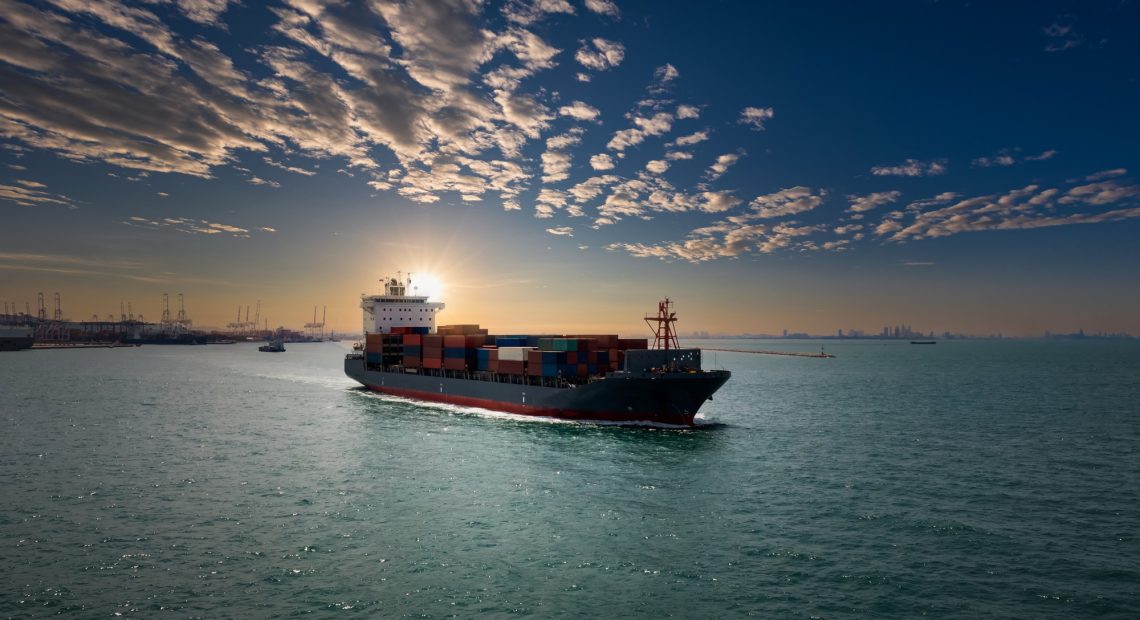
Cargo Ship Morning Midas Sinks in Pacific After Fire on EV Deck
The Morning Midas, a Liberian-flagged cargo vessel, sank in the Pacific Ocean on June 23 after drifting for nearly three weeks due to an onboard fire that erupted on June 3. The 600-foot-long car carrier was transporting approximately 3,000 vehicles, including nearly 800 electric vehicles (EVs) and 681 hybrids, when the incident occurred roughly 415 miles southwest of Adak Island, Alaska.
Fire Linked to EV Deck
The fire originated on a deck carrying EVs, and investigators suspect that lithium-ion batteries played a major role in igniting and intensifying the blaze. These batteries, known for their volatility during thermal events, pose a severe risk aboard ships due to the difficulty in extinguishing them with standard CO₂ systems. The failure to contain the fire likely compromised the ship’s structure, eventually leading to water ingress and its sinking.
Crew Evacuated Safely
All 22 crew members on board were safely evacuated shortly after the fire broke out and were rescued without injury by a nearby commercial vessel. Their safe evacuation highlights the effectiveness of the ship’s emergency response, although the incident also exposes the limitations of current fire suppression measures in the context of EV cargo.
Environmental Monitoring Underway
Salvage vessels and pollution control teams have been deployed to the sinking site to monitor for oil spills or hazardous materials. While there have been no visible signs of pollution so far, authorities remain on high alert given the quantity of fuel and lithium-ion batteries onboard. Containment booms, skimmers, and other response tools are in place as a precautionary measure.
Industry Concerns and Regulatory Debate
This incident has reignited debate over the maritime transport of EVs. It follows similar high-profile cases, such as the sinking of the Felicity Ace in 2022 and the Fremantle Highway fire in 2023—both involving suspected EV-related fires. Industry experts are calling for urgent upgrades to fire suppression systems, revised cargo-handling protocols, and possibly new ship designs tailored to the unique hazards posed by electric vehicles.
The Road Ahead
The International Maritime Organization is currently reviewing fire safety regulations for car carriers transporting EVs. Potential reforms include mandatory insulation between EV units, enhanced battery monitoring systems, and the use of fire-resistant containers. Insurance providers and shipping lines alike are expected to tighten standards as a result of this incident.


















